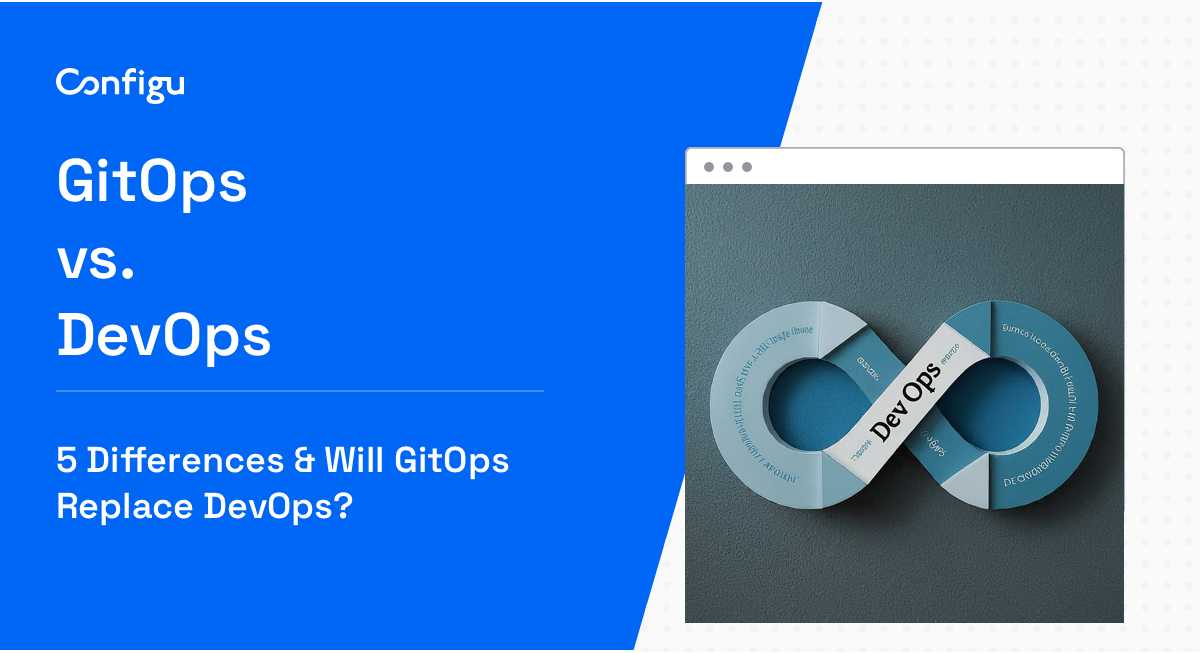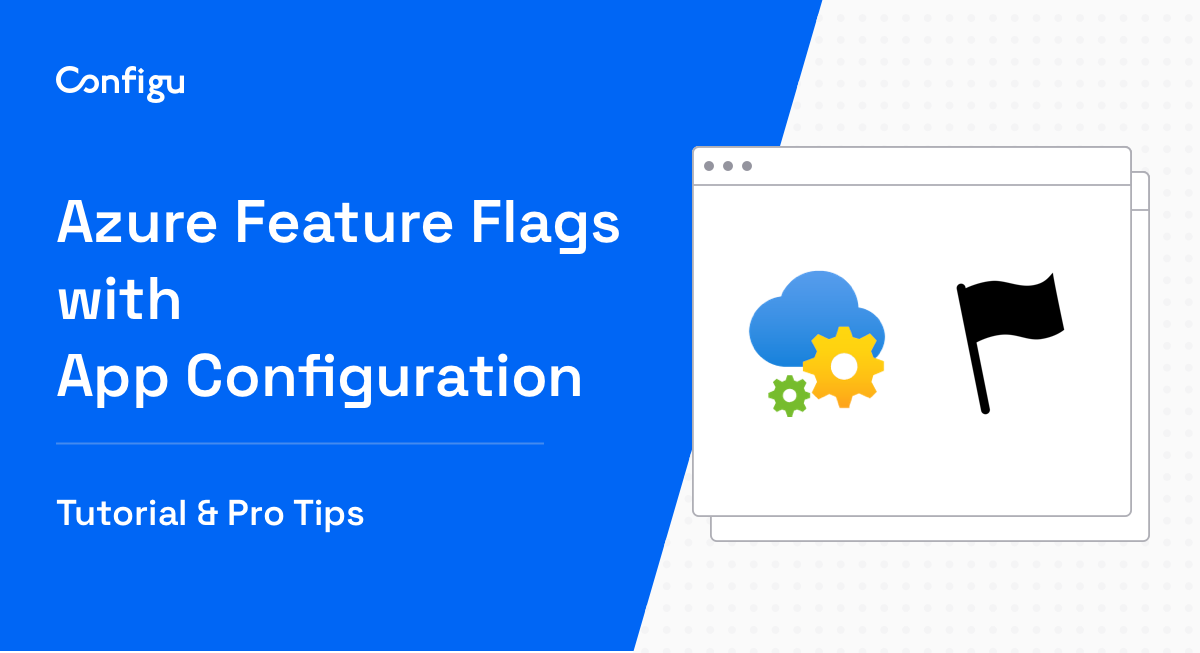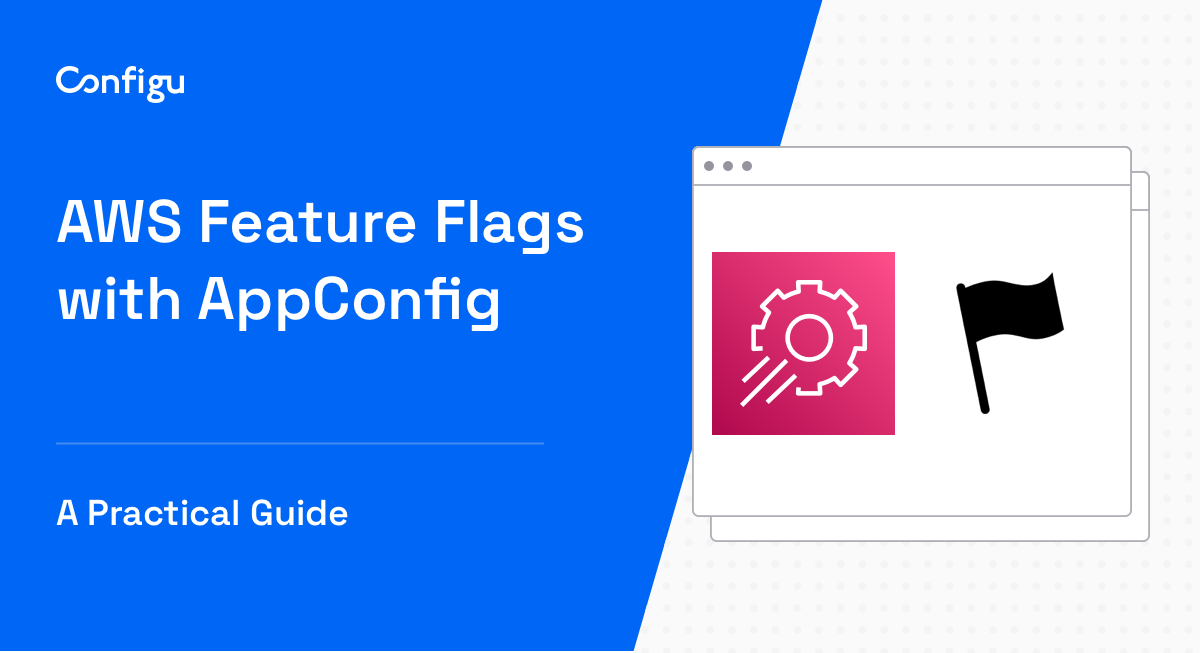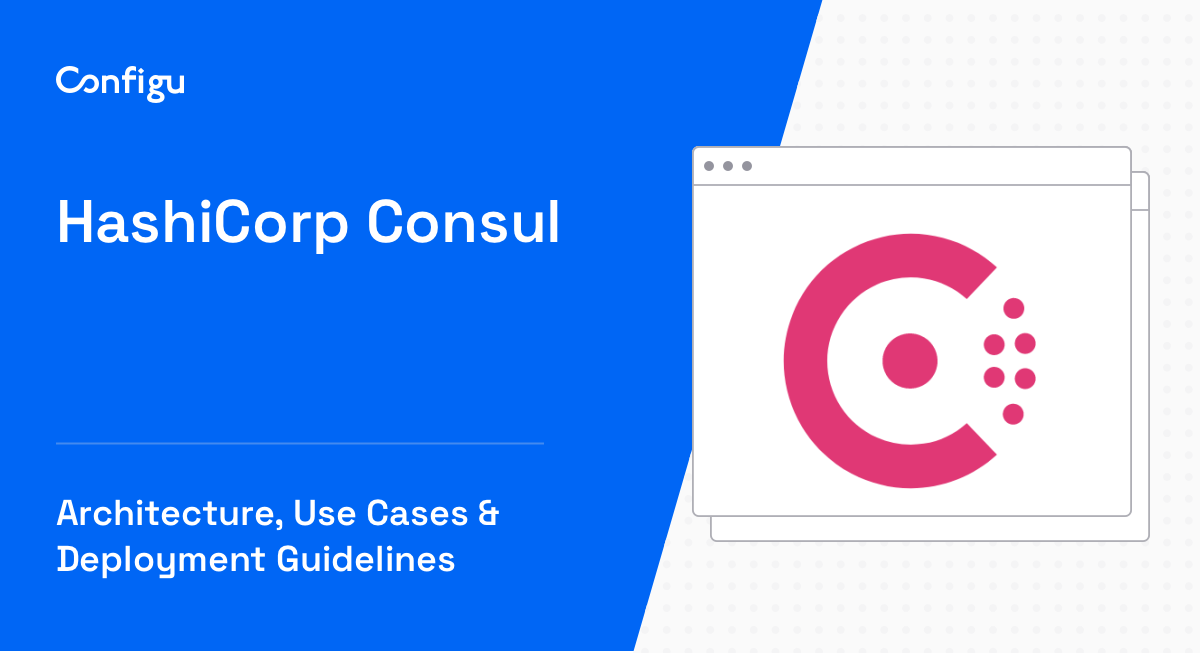What Is DevOps?
DevOps is a philosophy and practice that aims to bridge the gap between software development (Dev) and IT operations (Ops). The primary goal of DevOps is to shorten the system development life cycle while delivering high-quality software and improving the speed of updates and fixes.
DevOps is not a technology, tool, or job role; it’s a culture that encourages collaboration, communication, and integration among developers, IT professionals, and other stakeholders in an organization. It has widely been recognized for its ability to boost the speed, efficiency, and quality of software development.
What Is GitOps?
GitOps, on the other hand, is a newer methodology that applies DevOps best practices using Git as a single source of truth for declarative infrastructure and applications. GitOps utilizes the Git platform as the core of delivery pipelines, enabling developers to use familiar tools like pull requests to manage deployments and updates.
In the GitOps model, the desired state of the system is described in a Git repository. Any changes to the system are made by modifying the repository, and the actual state of the system is automatically updated to match the desired state. This brings version control, collaboration, and other benefits of Git to operations management.
In this article:
GitOps vs DevOps: 5 Key Differences
1. Approach
DevOps is a culture or practice that emphasizes the collaboration and communication of software developers and operations staff. It aims to help organizations rapidly produce software products and services and to improve operations performance. DevOps breaks down the silo mindset, fostering a culture of shared responsibility, continuous learning, and integration.
GitOps is a way of implementing continuous deployment for cloud-native applications. It focuses on a developer-centric experience when operating infrastructure, leveraging the same version control system (Git) as used in development. GitOps empowers developers to perform tasks that typically fall to IT operations, using pull requests to manage infrastructure provisioning and deployment.
2. Focus
DevOps focuses on streamlining processes, improving collaboration, and integrating tools for continuous development, integration, testing, deployment, and monitoring. Its primary goal is to shorten the system’s development life cycle while delivering features, fixes, and updates frequently in close alignment with business objectives.
GitOps centralizes the focus on the use of Git as a single source of truth for a system. It emphasizes declarative infrastructure, where the desired state of the system is checked into Git. The system is then automatically adjusted to match the desired state. This approach allows for easy tracking of changes, quick error detection, and the ability to roll back to a previous state if necessary.
3. Tools
DevOps utilizes a variety of tools throughout the software development lifecycle. These can include coding tools like Eclipse or NetBeans, build tools like Jenkins or Travis CI, and deployment tools like Docker or Kubernetes. The choice of tools depends on the specific needs and goals of the project.
GitOps, on the other hand, focuses on tools that can facilitate Git-based workflows. This includes version control systems like GitHub or GitLab, Kubernetes for deployment, and automation tools like Argo for managing GitOps deployment processes. GitOps tools are typically more narrow in scope but are highly effective within their specialized focus area.
4. Accuracy
In a DevOps environment, accuracy is ensured through continuous testing and monitoring. Automated tests are run at each stage of the development cycle to catch errors as early as possible. Monitoring tools are then used to ensure that the deployed application is running correctly.
In contrast, GitOps improves accuracy by maintaining an exact replica of the production environment in Git. Any change to the system must be made through Git, which ensures that the system’s state is always accurately reflected. This approach allows for easy error detection and correction, and it also makes it possible to roll back changes if necessary.
5. Flexibility
DevOps is highly flexible, allowing teams to choose the tools and processes that best suit their needs. This flexibility can lead to increased efficiency and productivity, but it can also result in increased complexity.
GitOps, in contrast, offers less flexibility but provides a more streamlined and straightforward approach. By focusing on Git-based workflows, GitOps simplifies the development process and makes it easier for teams to collaborate.
Is GitOps Replacing DevOps?
With the rise of GitOps, many are wondering if it’s set to replace DevOps. After all, both methodologies are about improving efficiency and streamlining operations through automation. So, is GitOps the new DevOps?
To answer this question, it’s important to note that GitOps and DevOps are not mutually exclusive. In fact, they complement each other quite well. GitOps can be seen as an evolution or a specific implementation of DevOps principles. It takes the DevOps ethos of collaboration, automation, and continuous delivery, and applies it to the specific context of Kubernetes management and application delivery.
Furthermore, it’s worth noting that GitOps, like any tool or methodology, has its strengths and weaknesses, and it may not be the right fit for every organization or project. It requires a certain level of maturity in terms of infrastructure as code practices, and it may not be suitable for teams that are not using Kubernetes or similar container orchestration platforms.
How GitOps Integrates with DevOps
While GitOps is not set to replace DevOps, it certainly integrates with it in a way that can enhance and streamline your operations in two ways:
- GitOps enhances the DevOps principle of automation: By treating your infrastructure as code, you can version control it just like you do with your application code. This not only makes your operations more predictable and reliable but also improves collaboration between your development and operations teams.
- GitOps takes the DevOps practice of continuous delivery to a new level: By automating the deployment process and tying it to your Git repository, you can ensure that your software is always in a deployable state. Moreover, because every change is version-controlled and traceable, you can easily roll back if something goes wrong.
Supporting GitOps with Configuration Management
Configu is a configuration management platform that streamlines and automates config management, making it better suited for GitOps processes. You can think of Configu as Git for configurations. It’s comprised of two main components:
Configu Orchestrator
As applications become more dynamic and distributed in microservices architectures, configurations are getting more fragmented. They are saved as raw text that is spread across multiple stores, databases, files, git repositories, and third-party tools (a typical company will have five to ten different stores).
The Configu Orchestrator, which is open-source software, is a powerful standalone tool designed to address this challenge by providing configuration orchestration along with Configuration-as-Code (CaC) approach.
Configu Cloud
Configu Cloud is the most innovative store purpose-built for configurations, including environment variables, secrets, and feature flags. It is built based on the Configu configuration-as-code (CaC) approach and can model configurations and wrap them with unique layers, providing collaboration capabilities, visibility into configuration workflows, and security and compliance standardization.
Unlike legacy tools, which treat configurations as unstructured data or key-value pairs, Configu is leading the way with a Configuration-as-Code approach. By modeling configurations, they are treated as first-class citizens in the developers’ code. This makes our solution more robust and reliable and also enables Configu to provide more capabilities, such as visualization, a testing framework, and security abilities.



